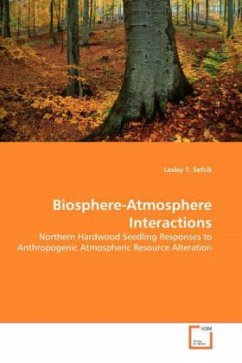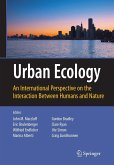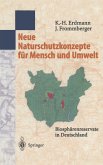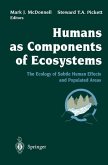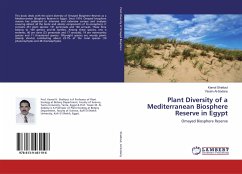Anthropogenically derived carbon dioxide (CO2) and reactive nitrogen (N) compounds are altering the composition of Earth\'s atmosphere and impacting ecosystem function. I investigated the response of northern hardwood tree species to atmospheric CO2 and N deposition in order to determine how these global change factors might impact future forest functioning. I conclude that increases in atmospheric [CO2] and reactive N deposition will enhance seedling photosynthesis and survival in N-limited temperate forests because seedlings will use these atmosphericcompounds as additional plant resources. However, N deposition will decrease arbuscular mycorrhizal (AM) fungal colonization and this may alter future biogeochemical cycling and forest functioning. Alteration of forest functioning due to changes in plant resource availability can ultimately cause large-scale changes in forest composition, which we need to be able to anticipate if we are to manage forests effectively for a sustainable future.
Bitte wählen Sie Ihr Anliegen aus.
Rechnungen
Retourenschein anfordern
Bestellstatus
Storno

